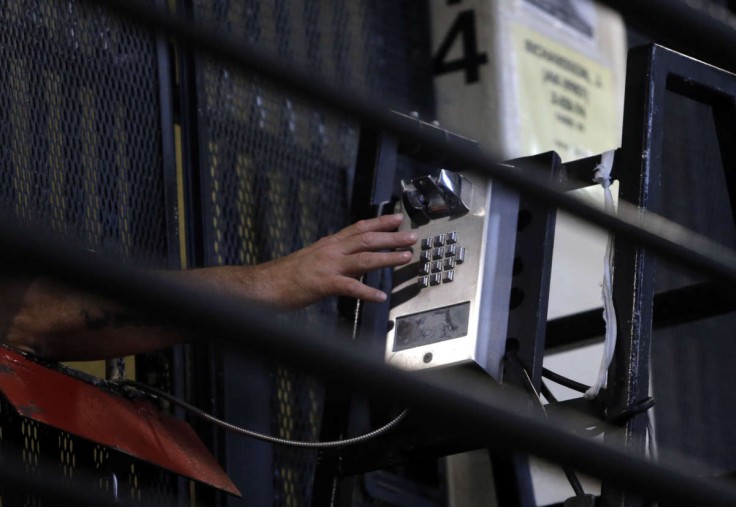The Federal Communication Commission has finally closed the "final loopholes" in its proposal to bring down fees for prison phone calls that have limited many inmates from contacting the outside world for many years.
In a ruling issued on Wednesday, the FCC voted to set a $0.90 per 15-minutes cap on prison phone call fees in large jails, a huge price drop from the old $11.35 price many prisons charge their inmates.

Call fees from smaller jails will also be cut down from $12.10 to $1.35 per 15 minutes of audio connection.
FCC Removes Additional Fees in Prison Phone Calls
The price caps will be in addition to prohibiting "site commissions" and added fees from prison officials or service providers.
FCC Chair Jessica Rosenworcel touted the passing of the new ruling would directly address "the unconscionable rates families of the incarcerated pay for communications."
The commission expects the ruling to help families, friends, and inmates save at least $386 million each year.
This is one of the biggest price cuts the FCC has successfully implemented for prison phone calls over eight years since the commission first failed to lower price caps for intrastate calls in 2017.
FCC to Study Video Call Issues for Inmates
In addition to phone calls, the FCC also signaled plans to address quality issues that have long plagued prison video calls.
While families are still able to schedule video calls with their preferred service providers, the FCC is looking to improve the quality of their own services too.
The improvement is promised to not affect prices for video calls.









